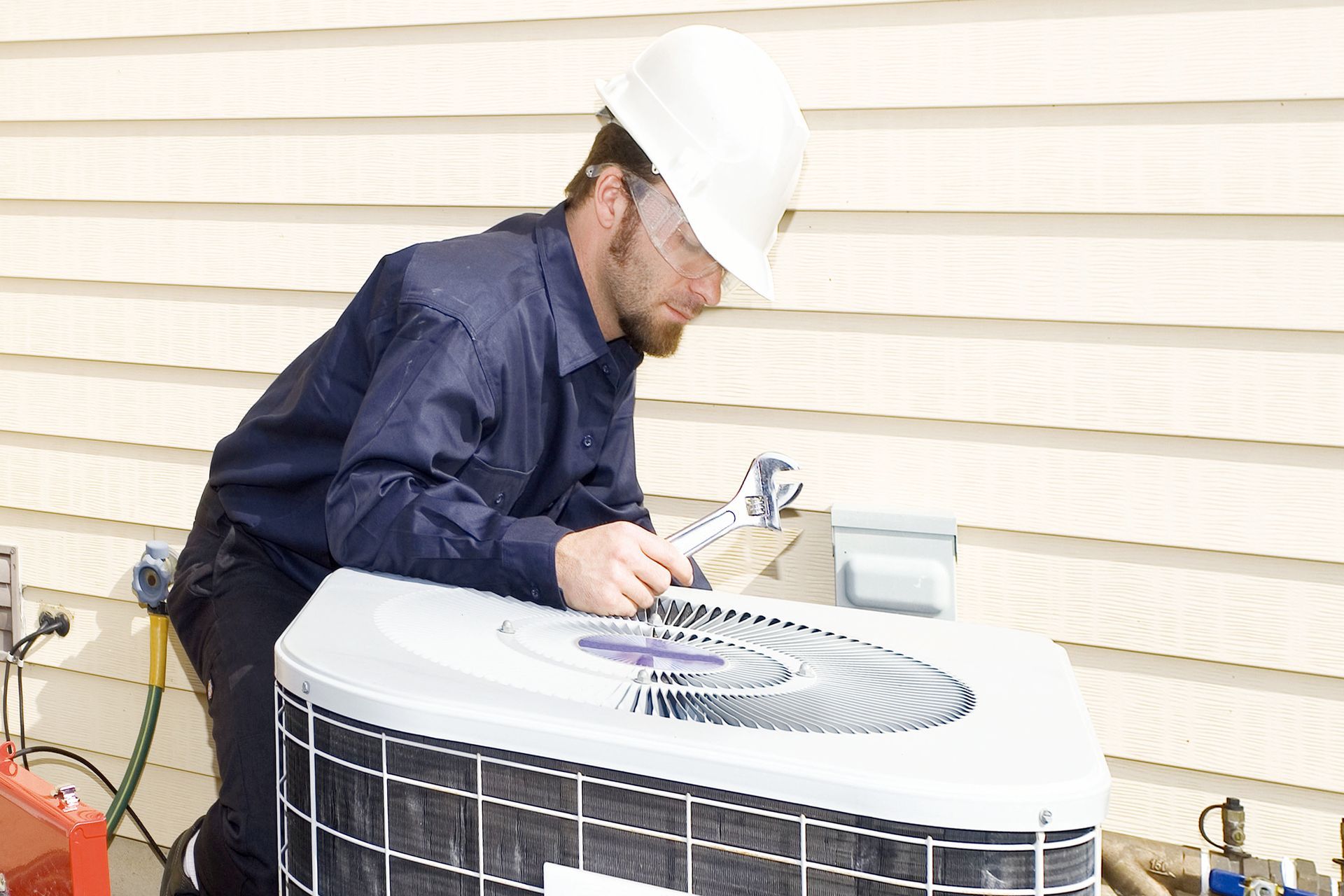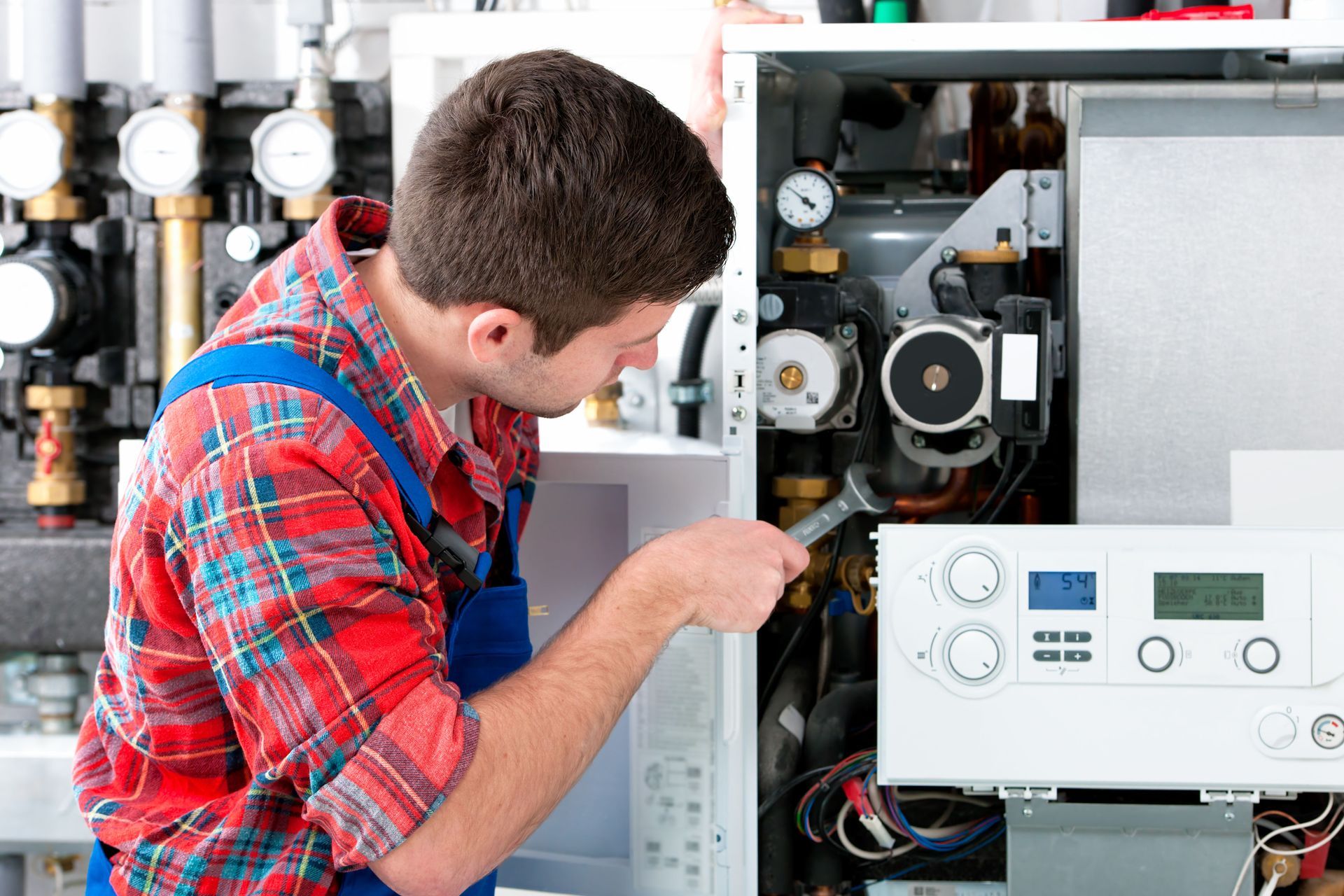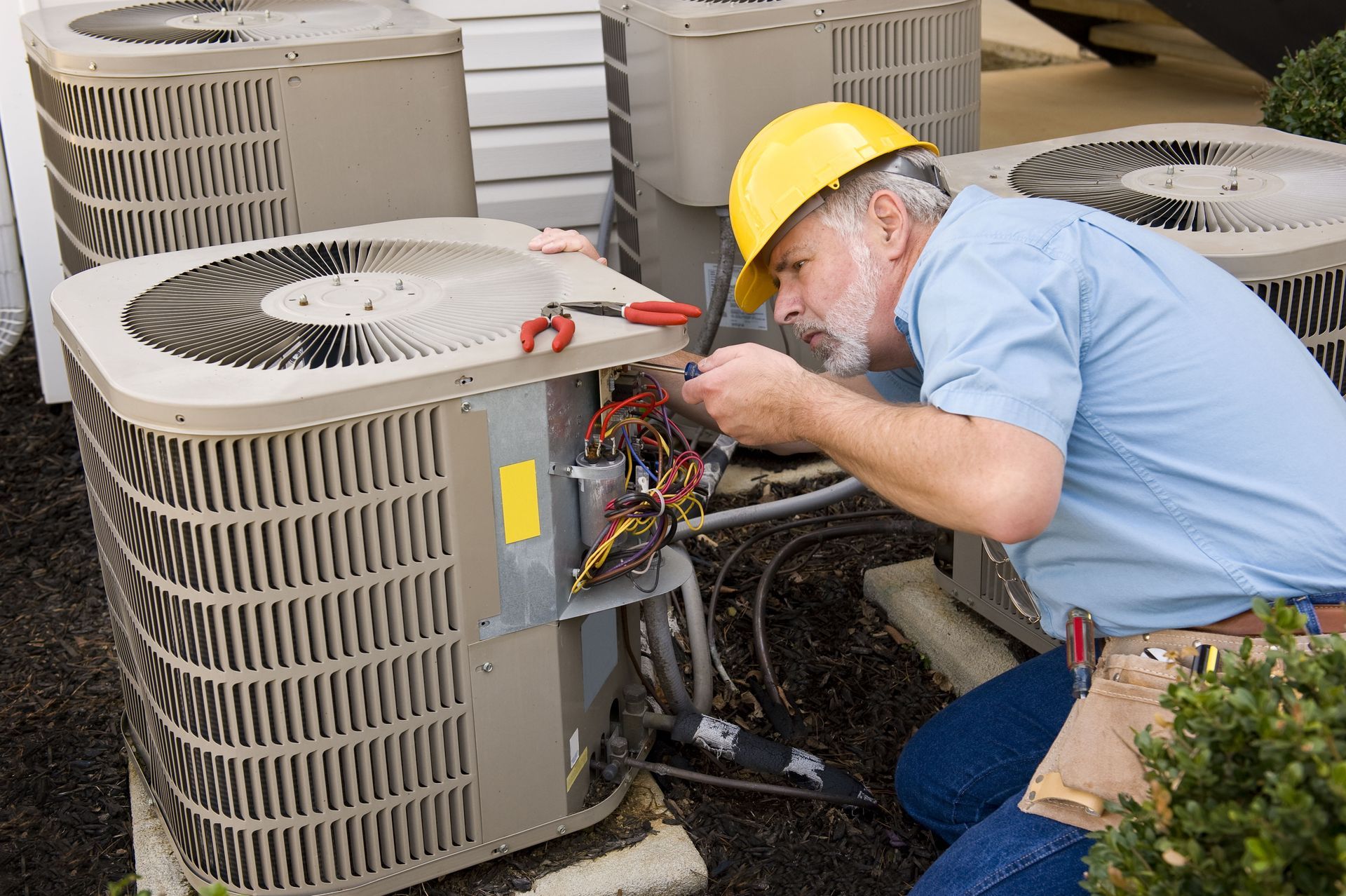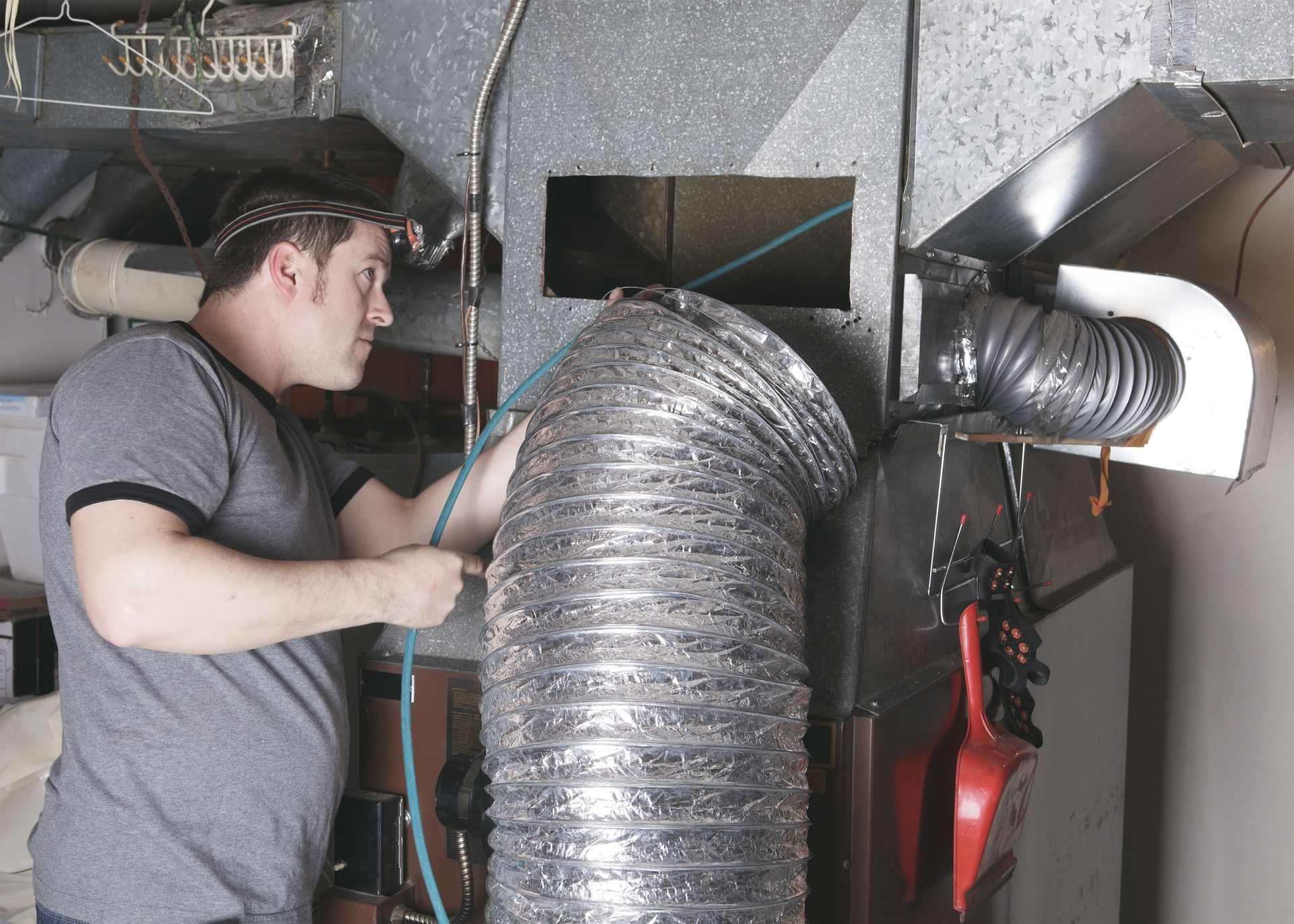Does Your HVAC System Need Repair or Replacement?
Knowing whether to repair or replace your HVAC system is a key step in maintaining comfort, reliability, and energy efficiency in your home. An experienced HVAC contractor can help you evaluate important factors such as the system's age, condition, and overall performance to determine the best course of action. Cost, energy savings, and long-term benefits also play major roles in making a smart decision. By weighing these elements carefully, homeowners can avoid unnecessary expenses and ensure consistent comfort year-round. In this article, we'll explore expert insights and real homeowner experiences to help you decide when it's time to repair or replace your HVAC system.
Recognizing the Signs Your HVAC System Needs Repair
Inconsistent temperatures throughout your home are often a clear sign that your HVAC system is struggling to perform efficiently. When some rooms feel warmer or cooler than others, issues such as blocked vents, leaky ductwork, or a malfunctioning thermostat may be to blame. Homeowners who frequently adjust the thermostat to maintain comfort may be dealing with deeper system inefficiencies that require professional attention. These fluctuations not only reduce comfort but can also cause your HVAC system to work harder, leading to increased energy bills and premature wear.
Strange noises coming from your HVAC system often signal underlying mechanical problems that shouldn't be ignored. Sounds like banging, clanging, or squealing can indicate loose or damaged components, while hissing might suggest a refrigerant leak. These noises can quickly escalate into major issues if left unchecked, potentially leading to costly repairs or complete system failure. A professional technician can accurately diagnose the source of the sound, tighten or replace worn parts, and perform necessary maintenance to restore smooth operation.
An unexplained rise in energy bills often signals that your HVAC system is working inefficiently and may require repair. When the system struggles to maintain desired temperatures, issues like dirty filters, refrigerant leaks, or blocked ducts can cause it to consume more energy than usual. Homeowners who notice higher utility bills—especially during peak heating or cooling seasons—should consider scheduling a professional inspection to identify and resolve inefficiencies. Regular maintenance, such as cleaning vents and replacing filters, helps restore optimal performance and prevents unnecessary strain on the system.
Determining When HVAC System Repair Is the Right Choice
Repairing an HVAC system is often a more cost-effective option than replacement, particularly when the issues are minor and the system has been reliable for years. An experienced HVAC contractor can assess the problem, determine whether a repair will restore efficiency, and perform targeted fixes such as clearing blockages, replacing worn components, or improving airflow. These repairs are typically far less expensive than purchasing a new unit and can significantly extend the system's lifespan when paired with regular preventive maintenance. Homeowners should also consider potential energy savings from improved efficiency, as timely repairs can reduce monthly bills and prevent costly breakdowns down the line. By consulting a trusted HVAC contractor, you can make informed decisions that balance performance, longevity, and overall cost-effectiveness.
The age of your HVAC system plays an essential role in determining whether repairs are viable. Systems under ten years old tend to have better repair prospects due to more contemporary components and technology. According to Today's Homeowner, replacing an old HVAC system often depends on its age and condition, but systems over 15 years old with frequent breakdowns should be replaced. In contrast, younger systems with minimal repair history often benefit from adjustments or part replacements.
A careful review of your HVAC system's repair history is an integral part of deciding between repair and replacement. Systems with minimal issues in their service history generally fare well with continued maintenance and isolated repairs from a qualified HVAC contractor. When issues are sporadic and manageable, opting for repairs can extend the system's life and maintain performance standards. However, persistent problems characterized by frequent repairs suggest that more significant action may be necessary.
Identifying When HVAC System Replacement Is the Better Option
Unpredictable and frequent HVAC breakdowns are powerful indicators that guide the replacement path. If a system continually fails despite numerous repair efforts, it signals intrinsic unresolved issues that warrant broader intervention. High costs associated with repeated repairs detract from the value and reliability of keeping an older system operational. Compounding malfunctions prompt re-evaluation of current handling strategies, often favoring comprehensive upgrades through replacement for sustained consistency.
Another important factor that signals the need for replacement is the overall age of the HVAC system. Most systems have an average lifespan of 10 to 15 years, depending on usage, maintenance, and brand quality. Once a unit nears or exceeds this range, even small inefficiencies can accumulate and lead to higher energy bills and reduced comfort levels. An older system may also struggle to meet current energy-efficiency standards, causing it to consume more power to deliver the same results.
Rising operational costs can also make replacement a more practical decision. When monthly energy bills steadily increase despite regular maintenance and tune-ups, it often indicates that the system is no longer functioning efficiently. Frequent repairs combined with elevated operating expenses can quickly surpass the cost of investing in a new, energy-efficient unit. In these cases, consulting with an experienced HVAC contractor can help determine whether upgrading the system will deliver better long-term value.
Maximizing Efficiency and Comfort After HVAC Replacement
Once a new HVAC system is installed, proper setup and maintenance play a vital role in achieving long-term efficiency and comfort. New systems are designed with advanced technology that optimizes airflow, temperature control, and energy usage, but their performance depends heavily on professional calibration and routine care. Homeowners should schedule a system check shortly after installation to ensure that all components are functioning as intended and delivering the expected comfort levels. Regular filter replacements, clean ducts, and properly sealed vents all contribute to maintaining peak performance.
Energy efficiency is one of the most significant benefits of upgrading to a modern HVAC system. High-efficiency units consume less energy to maintain comfortable temperatures, translating to lower monthly utility bills and a reduced environmental footprint. Many of today's systems include smart thermostats, variable-speed motors, and zoning options that allow for precise temperature management in different areas of the home. These features not only provide greater control but also minimize unnecessary energy consumption. As a result, homeowners can enjoy an ideal indoor climate while benefiting from long-term financial savings and improved sustainability.
Working with a trusted HVAC contractor after installation ensures that your system continues to perform at its best over time. Professionals can provide scheduled maintenance, system tune-ups, and diagnostic testing to identify potential issues before they become costly problems. They can also offer valuable advice on how to operate your new unit efficiently, from ideal thermostat settings to seasonal maintenance practices. With ongoing professional support, you can extend the lifespan of your HVAC system and maintain reliable comfort for years to come. Ultimately, investing in professional care safeguards both your comfort and the long-term efficiency of your home's heating and cooling system.
Deciding whether to repair or replace your HVAC system ultimately comes down to balancing cost, efficiency, and long-term comfort. Partnering with a qualified HVAC contractor ensures that you receive expert guidance tailored to your home's specific needs and system condition. With professional insight and proper maintenance, homeowners can make confident choices that maximize energy savings, enhance indoor comfort, and extend the life of their HVAC investment. If you need HVAC services to keep your system running, contact High Point HVAC LLC.





Share On: